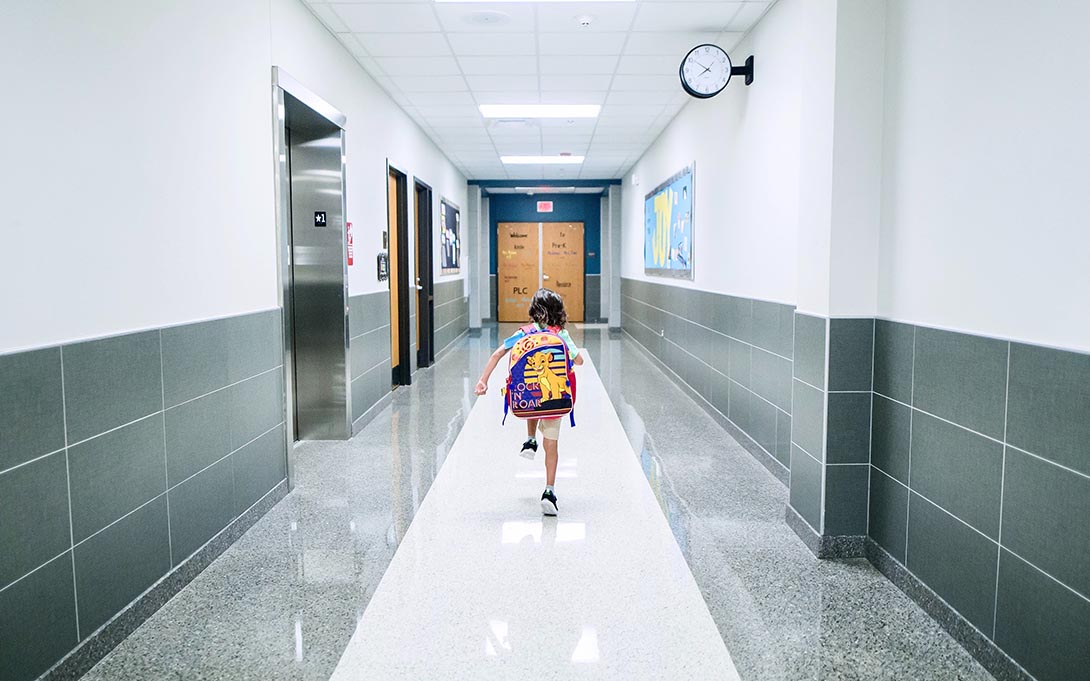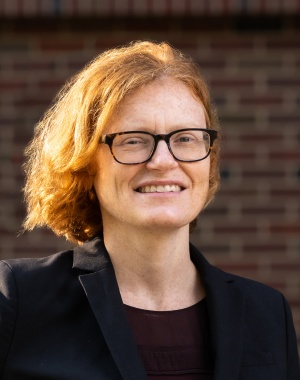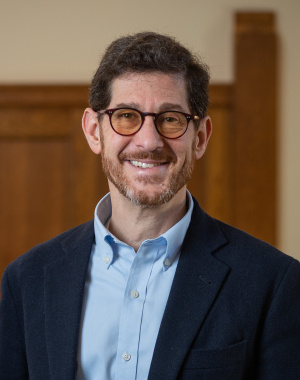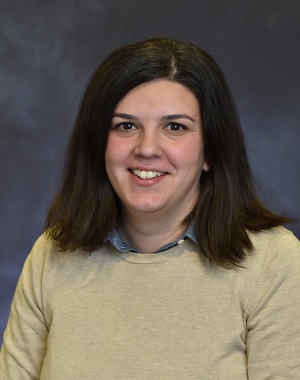
Access to early education programs have been shown for decades to improve the educational prospects for children in kindergarten and beyond. A new type of early education program widespread in Michigan and California—transitional kindergarten (TK)—has expanded early learning opportunities for thousands of young children in those states. In partnership with the Michigan Department of Education (MDE), researchers at the University of Michigan’s Education Policy Initiative are launching a study of Michigan’s Transitional Kindergarten program. Their study is funded through a generous grant from the Smith Richardson Foundation. Beginning September 2021, the project will be granted $267,000 for use over two years.
The team will examine the impact of transitional kindergarten in Michigan on kindergarten readiness, special education placement through elementary school, and elementary school literacy and math test scores. They will also seek to identify whether access and impact of TK varies by important student characteristics such as race/ethnicity, free-reduced-lunch status, and gender. To answer these questions, the research team aims to leverage a natural experiment and examine the causal impacts of Michigan's TK program, as the cohorts of TK and non-TK students differ only in their birthdates, and not by other characteristics. Using a sample of approximately 150,000 students who turn 5 between September 1 and December 1, the research team will compare the academic outcomes of students who enroll in TK to those who are not eligible because they were born just after the cut-off.
The study will also catalogue the differences in program enrollment criteria, curricula, and implementation that exist in different districts around the state. To achieve this, the team will administer surveys to administrators that oversee TK programs, as well as TK teachers. The research also will look at the program in the context of the educational disruptions caused by the COVID-19 pandemic.
EPI co-director Christina Weiland will be leading the project with co-principal investigator Brian Jacob, EPI postdoctoral researcher Tareena Musaddiq, and research scientist Anna Shapiro from the University of Virginia’s School of Education and Human Development (Shapiro earned a PhD from the University of Michigan’s School of Education). EPI staff members Jasmina Camo-Biogradlija and Samuel Owusu will also play key roles on the research team, as will predoctoral researchers Jordy Berne and Katia Cordoba Garcia.
“TK programs are newer to the early education landscape but are an important option to understand better as localities continue to design and develop large-scale, high-quality early education systems,” says Weiland.
In light of Governor Whitmer’s 2022 budget proposal—which plans to spend an additional $405 million on expanding the state’s existing Great State Readiness Program (GSRP)—MDE is eager to uncover new insights through the study. Whitmer’s proposal expands the number of GSRP seats by 22,000 over the next 3 years, so that all eligible 4-year olds in Michigan would have access to this high quality early learning opportunity.
Deputy Superintendent, P-20 System and Student Transitions, Dr. Scott M. Koenigsknecht notes, “A strong research study of Transitional Kindergarten in Michigan (Young Fives) would be very helpful to our state’s broader P-3 learning agenda as well as the state’s Top 10 Strategic Education Plan to vastly improve the state’s relative standing in educational achievement.”
Jacob is a founding director of EPI’s research-practice partnership with the state of Michigan, which will offer access to rich administrative data about student cohorts who have already reached at least the third grade. “We are learning a lot already about opportunity gaps, just based on where the TK program is offered in the state and where it is not,” he says.
The Smith Richardson Foundation aims “to contribute to important public debates and to address serious public policy challenges facing the United States.”



